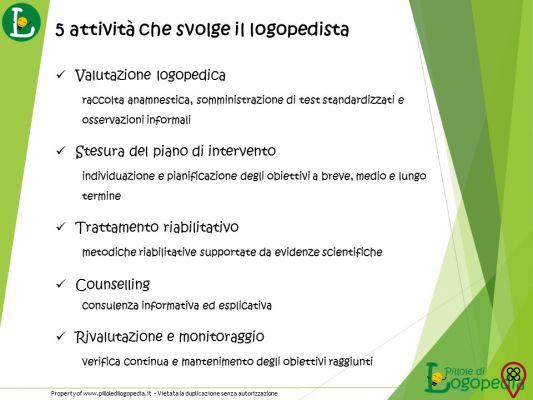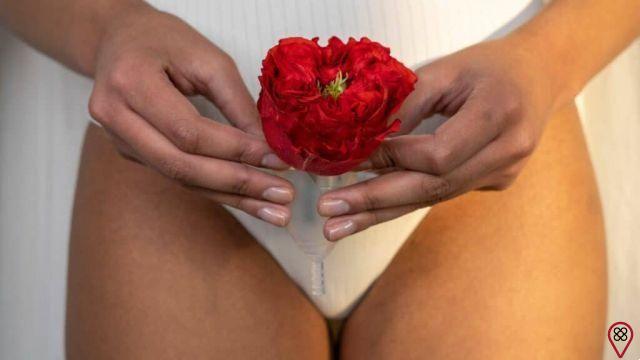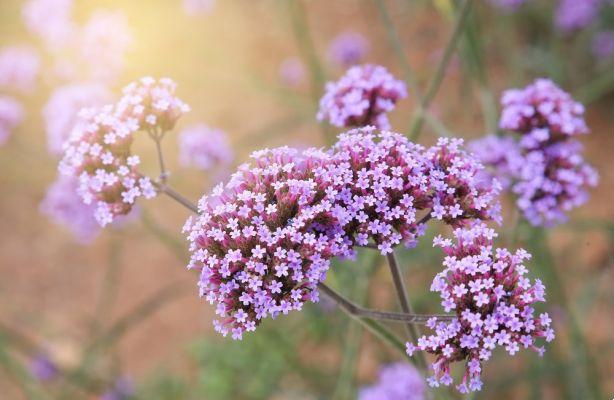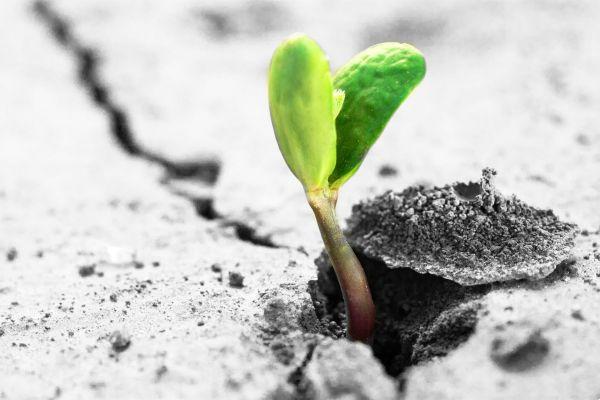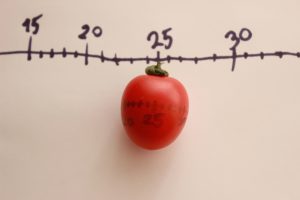Reiki, born in Japan, is considered there in a much more profound way than a therapy, but a philosophy of life or “a path that invites happiness”, as Mikao Usui, its discoverer, said. The method has become more and more widespread in Spain and in the world, given the effectiveness and ease of its application, which can even happen at a distance.
Johnny De' Carli, Reiki Master and founder of the Spanish Institute for Research and Diffusion of Reiki, brings us precious information about the traditional Japanese method in his research and points out in one of his books that:
“In Japan, there are different currents of the Reiki technique, each with its own particularities. In the Japanese capital, a group of Buddhist monks use Reiki energy associated with breathing exercises and meditation, others combine it with macrobiotics, others with Shinto, and so on. The Reiki method adapts to the abilities and interests of those who practice it.” (DE' CARLI, 2017, p. 33).
Similarly, here in España we have hundreds of types of Reiki, all of which must go back to the beginning of the lineages to Mikao Usui. However, one of the bases of the traditional Usui method, as it is known, is the daily observation of the "five principles" that, together with Gassho meditation, aim to make the reikian a more balanced person and in search of his consciousness expansion.
The five principles of Reiki are: Kyo Dake Wa (just for today) 1) Okoru-na (don't be angry); 2) Shinpai Suna (don't worry); 3) Kansha shite (express your gratitude); 4) Gyo wo hage me (be applied in your work) and, 5) Hito Ni Shinsetsu Ni (be kind to all beings) (DE' CARLI, 2017, p. 55). I bring them in Japanese here, as I know they had variations when translated in España. In any case, the important thing is to preserve the essence of such principles, which were already mentioned by different sages and even by religions and which, mainly, must be incorporated into the life of the person who decides to follow them.
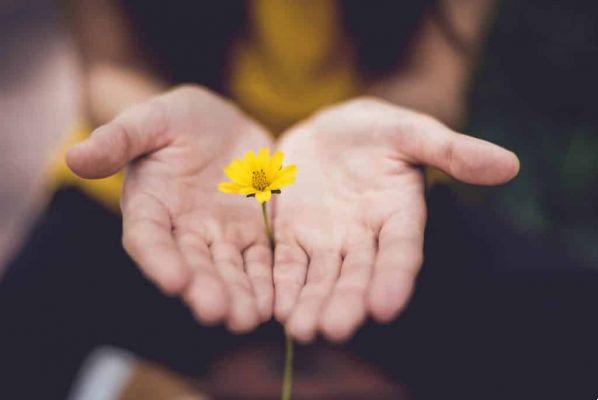
However, the great truth is that following the five Reiki principles to the letter is a great challenge. But even those who are not reikians can follow a lifestyle, they can seek to apply them in their life, directly reflecting on anger, worry, gratitude, daily tasks and kindness. All of us, at some point in this human experience, are looking for some meaning and some philosophies that we intend to tune into, so Reiki principles are an option as well.
The third principle, “kansha shite”, can bring great transformations in our lives. I would like to focus on it, because I believe that the energy of gratitude is necessary on a planet where, every day, we are bombarded by useless and negative information all the time, which leads us to think about fear, pain, injustice, sadness, etc. ., lowering our vibration and making room for us to consume our vital energy (ki) with such emotions, and still running the risk of getting sick.
In September 2020, inspired by other therapists, I created the first Gratitude and Reiki Journey, which is available for free on my YouTube channel. In 2021, I carried out the second edition and had feedback from both with wonderful testimonials about the practice of gratitude. The purpose of the journey is to write ten things for which you are grateful every day, following the famous book by Rhonda Byrne, “Magic”. In the audios, I bring each day a different theme for us to reflect on and, over the course of 21 days, we observe our energy of gratitude, in addition to the daily receipt of Reiki (now, through the Reiki box technique).
In “The Magic”, Byrne presents us with a “long chain of gratitude” running through the main religions and philosophical currents of the world, and the most important thing is that “your gratitude is magnetic and the more of it you have, the more abundance you can attract. . It is a universal law!” (BYRNE, 2014, p. 7).
You may also like
- Reiki is simplicity
- Dig deeper into what Reiki means
- Uncover the possibility of transformation through Reiki
- Try 11 Ways to Cultivate Gratitude
Even though many people have trivialized the term, the essence of gratitude must not be lost, because the opposite of it, ingratitude, is also under universal laws and will inevitably return to us. It's up to each one to decide which of the two options they want to go with.
There are many reasons to be grateful, although everything we see outside tries to draw our attention to negative sides. If you want to raise your vibration and attract good things, try practicing gratitude for at least 21 days. Then come back here and tell me what you felt.
References:
BYRNE, Rhonda. The magic. Translation by Fabiano Morais. Rio de Janeiro: Sextant, 2014.
DE'CARLI, Johnny. Reiki, Traditional Japanese System. São Paulo: Editora Anubis, 2017.



